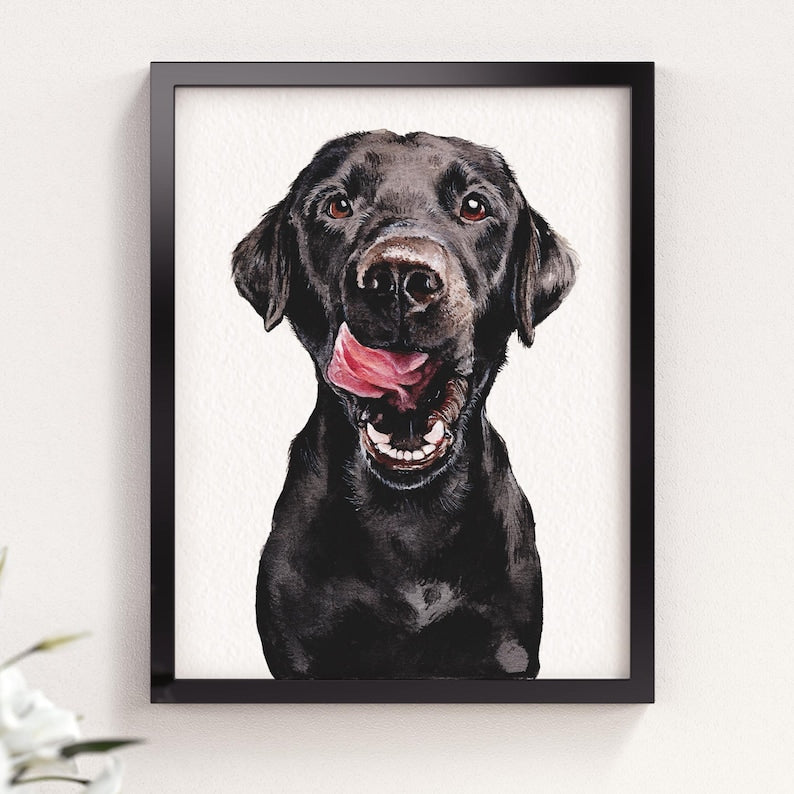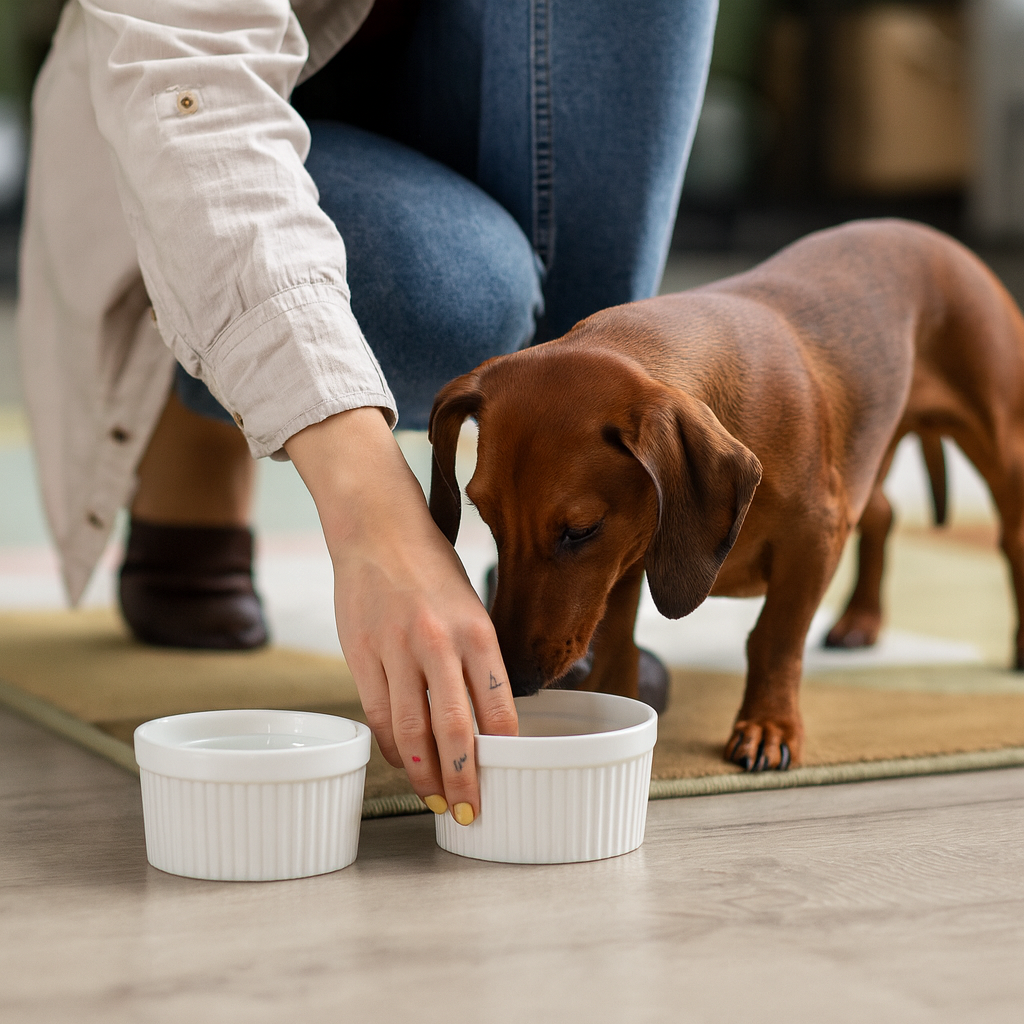❓ Can Dogs Eat Almonds?
Technically, almonds are not considered highly toxic like macadamia nuts. However, that doesn’t mean they’re safe. Dogs struggle to digest almonds, and even small amounts can cause digestive problems, choking hazards, or long-term health issues.
So, while one almond may not kill your dog, it’s best to avoid giving them any at all.
⚠️ Why Almonds Are Unsafe for Dogs
-
Choking Hazard
Almonds are small but hard, which makes them a choking risk — especially for smaller breeds. They can also block the esophagus, stomach, or intestines. -
Digestive Issues
Dogs don’t digest nuts easily. Almonds can cause vomiting, diarrhea, bloating, or discomfort. -
High Fat Content
Almonds are packed with fat. Too much fat in a dog’s diet may lead to pancreatitis, a painful and potentially life-threatening condition. -
Seasonings & Additives
Many almonds are salted, flavored, or coated with spices. Salt and artificial flavorings can cause sodium ion poisoning or other health problems in dogs. -
Potential Toxins
Bitter almonds (less common but still possible) contain cyanide and are highly toxic — to both humans and dogs.
🚨 What to Do If Your Dog Eats Almonds
-
Small Amount: If your dog eats one or two plain, unsalted almonds, they may be fine. Monitor for vomiting, diarrhea, or lethargy.
-
Large Amount or Salted/Flavored Almonds: Contact your vet immediately. Too much salt or spices can be dangerous.
-
Choking or Obstruction Signs: If your dog is gagging, drooling excessively, or unable to pass stool, seek emergency vet care.
👉 Always err on the side of caution and consult a veterinarian if you’re unsure.
🦴 Healthy Alternatives to Almonds for Dogs
Your pup doesn’t need almonds to stay healthy — there are plenty of safe, tasty alternatives:
-
Dog-Safe Nuts (in moderation): Peanuts (unsalted, plain), cashews.
-
Fruits & Veggies: Blueberries, apple slices (no seeds), carrots.
-
Dog Treats & Chews: Specially formulated for canine digestion and nutrition.
👉 Looking for safe snacks? Explore our [Healthy Dog Treat Collection] — delicious, vet-approved alternatives your pup will love.
🐾 Final Thoughts
So, are almonds bad for dogs? Yes — while not the most toxic food, almonds carry too many risks to be worth it. From choking hazards to digestive problems and pancreatitis, it’s best to avoid them completely.
Instead, keep your furry friend safe with healthy, dog-friendly treats. They’ll still get the joy of snacking — without the health risks.
👉 Keep your pup safe and happy: Shop our [Dog Treats Collection] today for safe, tasty alternatives!



















